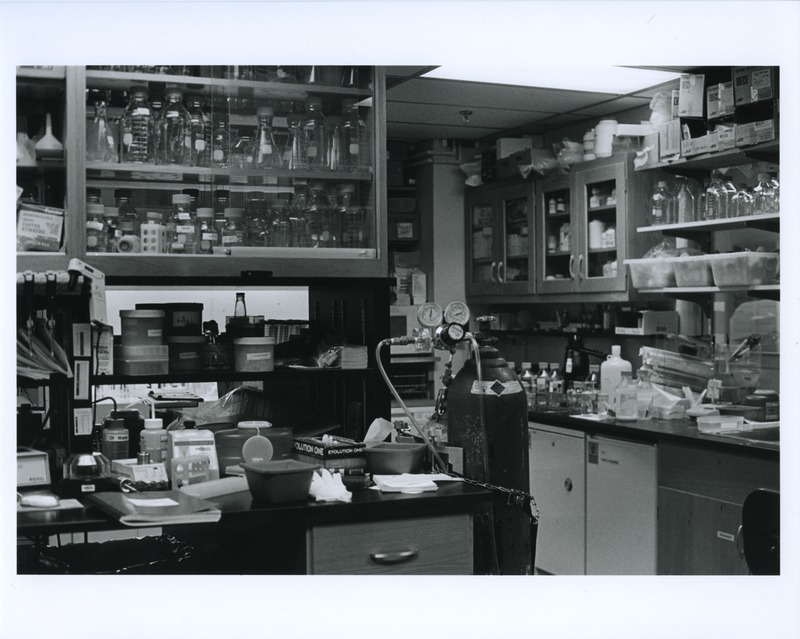Collecting stuff is generally the bit I like most about my job. That’s probably why I’ve got a bit over excited about the new acquisitions we’ve made related to synthetic biology – from no other than Tom Knight widely described as the “father” of the discipline.
Synthetic biology is research that combines biology and engineering. Sounds like genetic engineering by another name? Well yes, but it goes much further. It looks to create new biological functions not found in nature, designing them according to engineering principles. Some see the field as the ultimate achievement of knowledge, citing the engineer-mantra of American physicist Richard Feynman, “What I cannot create, I do not understand”.

Now like a lot of biotech, synthetic biology isn’t particularly easy to collect or represent through objects – as it’s the biology that’s interesting and most of the ‘stuff’ used in research is entirely indistinguishable from other biological equipment e.g. micropipettes and microwells.
What we’ve acquired are a number of iGEM kits – hardware consisting of standardised biological components known as BioBricks™ . Students competing in iGEM are sent these kits to engineer new applications. Check out some of the former winner’s projects: Arsenic Biodetector, Bactoblood, E. Chromi.

The origin of these objects and the idea for BioBricks™ is rather curious. They didn’t emerge from biology – but from computer science. Tom Knight was a senior researcher at MIT’s Computer Science and Artificial Intelligence Laboratory. Tom became interested in the potential for using biochemistry to overcome the impending limitations of computer transistors.

From aliquots to paper based DNA to microwells – the kits show the technological change and sheer complexity of distributing biological components to teams competing around the globe.

Suggestions for other synthetic biology stuff we could collect gratefully received!